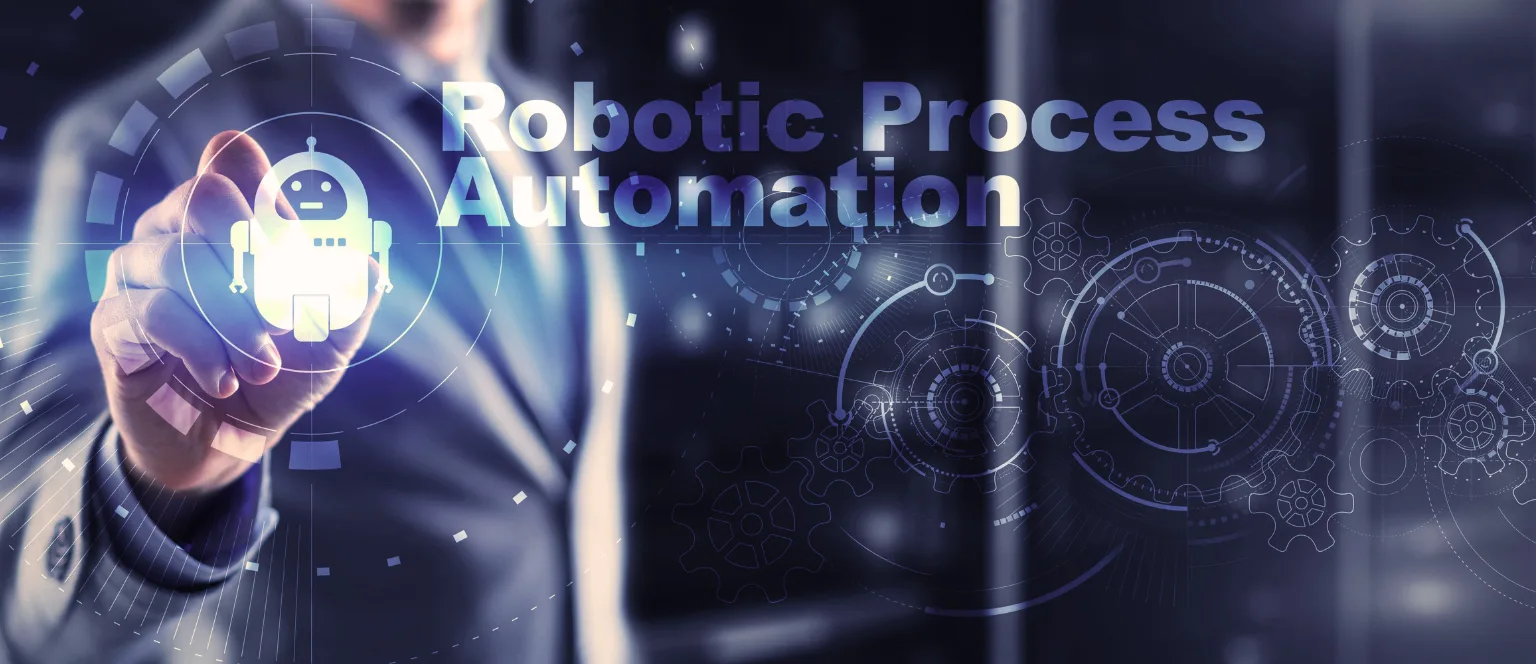Table of Contents
In the modern business landscape, being at the forefront is not just about following new trends in your industry. It also calls for ongoing commitment to employee growth and education. This is where leveraging a learning management system (LMS) becomes crucial.
An LMS is a software application that helps manage, document, and deliver educational courses or training programs. Statistics show that 58% of employees would like to learn at their own pace, and that’s the greatest benefit of employing a top-tier LMS for your company.
Did you also know that 98% of large companies use LMS to deliver their training sessions? Additionally, 96% of mid-size companies also use LMS along with 80% of small companies using this software to deliver & manage training.
Learning management helps not just the employees to learn whatever they wish, it is also easy for the companies to manage employees who have enrolled for different courses. Along with delivering and managing employee training, LMS also helps reduce training costs. These are the two basic functions of LMS, let’s understand them thoroughly.
Learning Management System (LMS) Functions: Cost-effective Training & Facilitation
Cost-Effective Training
A Learning Management System (LMS) offers several features that can significantly reduce training costs compared to traditional methods like instructor-led training:
- Reduced Travel and Logistics Costs: Eliminate the need for physical training locations, travel expenses, and instructor fees by delivering training materials online. According to a report by Brandon Hall Group, companies using LMS platforms see an average 17% reduction in training costs.
- Scalability and Accessibility: An LMS allows you to deliver training to a large number of employees simultaneously at their own pace, eliminating the need for multiple sessions. A study by Fossett Corporation found that organizations can achieve cost savings of up to 50% by using an LMS compared to traditional training methods.
- Reusable Content: Develop training content once and deliver it to new hires or existing employees as needed, reducing the need for repetitive instructor-led sessions.
- Automated Delivery and Tracking: Automate training delivery and completion tracking, saving time and resources compared to manual processes.
Facilitation of Training
Beyond cost savings, LMS platforms offer features that enhance the learning experience and facilitate effective training delivery:
- Centralized Content Management: Store and manage all training materials (documents, videos, quizzes) in one location, ensuring consistency and easy access for learners.
- Interactive Learning Tools: Utilize features like simulations, gamification, and collaborative learning activities to make training engaging and improve knowledge retention. A study by the Aberdeen Group found that organizations using LMS platforms experience a 15% increase in learner engagement.
- Performance Tracking and Analytics: Track learner progress, analyze quiz results, and identify areas for improvement, allowing for personalized learning paths and targeted interventions.
- Mobile Learning: Offer training materials and assessments on mobile devices, enabling flexible learning and completion at the learner’s convenience. Research by the Association for Talent Development (ATD) shows that organizations using blended learning approaches (combining online and in-person elements) achieve a 68% increase in knowledge retention compared to traditional methods.
But an LMS is not just a passing trend; It is a long-term investment that can greatly improve the performance of a company. Read on to learn more about the main reasons for using a learning management system for the success of your business.
Reasons To Use Learning Management System For Their Business
Streamlines Training and Development
One of the main reasons for investing in a robust learning management system for your organization is that it helps simplify training and development procedures. Usually, traditional methods of training are connected with significant issues in logistics like arranging schedules, reserving places or locations, and printing necessary materials. An LMS can do away with these obstacles by providing a centralized place where all the training materials can be accessed at any time from any location. This adaptability guarantees that workers can learn when it suits them, boosting involvement levels and improving information recall.
Also, an LMS makes the training content consistent. It doesn’t matter where an employee is located; they all get the same quality of education. This uniformity is very important to keep a steady level of skills and understanding throughout the organization, making it more capable and productive in total.
Enhances Employee Engagement
Employee engagement is of great importance to the success of any business. Workers who are engaged tend to be more productive, satisfied with their job, and less likely to leave the company. A learning management system can help boost engagement by providing custom LMS development that match the personal needs and career objectives of each employee.
An LMS using elements like gamification, interactive modules and opportunities for social learning makes the process of learning more interesting and engaging. When workers find the material in training programs fascinating or useful for their individual growth as well as professional advancement, they are more likely to actively participate. Also, an LMS could keep a record of progress and offer comments, so that workers can see how much they have grown or what achievements have been made. This can motivate them even more to continue learning and growing their skills.
Supports Compliance and Certification
Compliance training is crucial to guarantee that workers understand and follow industry rules as well as company regulations. Not sticking to these standards could result in legal penalties, financial losses, or damage to the company’s reputation. A learning management system makes it easier to deliver and keep track of compliance training.
Using an LMS, businesses can automate the scheduling and delivery of mandatory training sessions. This guarantees that all employees finish required courses within specified periods. The system may generate reports as well as certificates to back up its compliance with regulatory audits. Automation lessens administrative work in HR departments while maintaining company compliance with little effort needed.
Facilitates Continuous Learning and Development
In the current business environment, which is marked by swift changes, learning and growth are vital for staying ahead of the competition. A learning management system helps create a culture of continuous improvement by offering workers constant availability of educational materials and development chances.
An LMS can offer different types of learning materials, from official courses and online seminars to casual resources like articles and videos. This variety allows workers to select the way they want to study that suits their liking and style best. Also, the system could suggest courses depending on each person’s career direction and the skills they lack, guaranteeing employees get specific training that matches their growth preferences as well as the company’s important goals.
Improves Efficiency and Cost-Effectiveness
Implementing a learning management system can lead to significant cost savings and increased efficiency for businesses. Traditional training methods often involve high costs associated with travel, venue hire, printed materials, and instructor fees. An LMS reduces these expenses by delivering training online, which can be accessed from any location with an internet connection.
Furthermore, an LMS automates many administrative tasks, such as enrollment, tracking progress, and generating reports. This automation not only reduces the workload for HR and training departments but also minimizes the risk of errors and ensures that training records are always up-to-date and easily accessible. By streamlining these processes, businesses can allocate more resources to other critical areas and improve overall operational efficiency.
These benefits will help you move towards the development of LMS. However, to develop or get developed you must know these features.
LMS Features for Development and Employee Considerations
Development Considerations
When developing a Learning Management System (LMS), there are key features to prioritize for functionality and user experience. Check below LMS features:
1. Course Management
- Content Creation Tools: Enable instructors or subject matter experts to easily create and upload various learning materials (documents, videos, quizzes) with a user-friendly interface. Consider WYSIWYG editors and multimedia support for rich content creation.
- Course Structure and Sequencing: Allow instructors to organize learning modules, create learning paths, and define dependencies for a structured and efficient learning experience.
- Version Control and Revision History: Track changes made to courses and learning materials, allowing instructors to revert to previous versions if necessary.
2. User Management
- Multiple User Roles and Permissions: Define different user roles (e.g., learner, instructor, administrator) with granular permission controls for access to courses, reporting, and functionalities within the LMS.
- Single Sign-On (SSO) Integration: Integrate with existing SSO systems to allow users to access the LMS with their existing credentials, simplifying login processes.
- User Profiles and Self-Enrollment: Allow users to create profiles, manage their learning progress, and self-enroll in relevant courses based on their needs.
3. Learning Delivery and Engagement
- Multiple Learning Formats: Support various learning formats like video lectures, interactive modules, simulations, and gamification elements to cater to different learning styles and preferences.
- Mobile Learning Compatibility: Ensure the LMS is responsive and accessible on mobile devices for on-the-go learning and greater flexibility.
- Discussion Forums and Collaborative Learning Tools: Foster interaction and knowledge sharing among learners through discussion forums, group projects, and social learning features.
4. Assessment and Reporting
- Automated Assessments: Create and deliver quizzes, exams, and assessments with automated grading and feedback mechanisms to measure learner knowledge retention.
- Detailed Reporting and Analytics: Provide instructors and administrators with comprehensive reports and analytics on learner progress, course completion rates, and performance metrics for data-driven decision-making.
- Certification Management: Issue certificates or badges upon completing training programs, motivating learners and recognizing achievements.
5. Security and Scalability
- Data Security and Compliance: Implement robust security measures to protect user data, course materials, and intellectual property. Ensure compliance with relevant data privacy regulations.
- Scalability and Integration: Design the LMS to accommodate a growing number of users and courses, and integrate seamlessly with other enterprise systems like HR or Learning Experience Platforms (LXPs).
- Offline Learning Capabilities: Consider features that allow learners to download course materials for offline access, catering to situations with limited internet connectivity.
User Considerations
If you want to develop an LMS, here are some key things that should be prioritized based on specific needs:
- Target Audience and Learning Objectives: Who will be using the LMS? What are the specific training goals and learning styles of the target audience?
- Content Types and Delivery Formats: What types of learning materials will be offered? Are there specific delivery formats (e.g., video, gamification) that are crucial?
- Integration Requirements: Does the LMS need to integrate with existing systems like HR software or an LXP?
- Scalability and Budget: What is the expected user base? How will the LMS scale to accommodate future growth? What is the budget allocated for development and ongoing maintenance?
Bottom Line
To finish, every business needs a learning management system as an important instrument to improve its training and growth attempts. The advantages of simplifying the training process, boosting worker involvement, assisting in compliance matters, promoting constant learning, as well as enhancing efficiency and cost-effectiveness, make LMS very beneficial for a company’s success. Investing in an LMS is not just about staying competitive but also making your workforce more skilled, involved, and fruitful to push the business ahead in this fast-changing market where competition is high.






